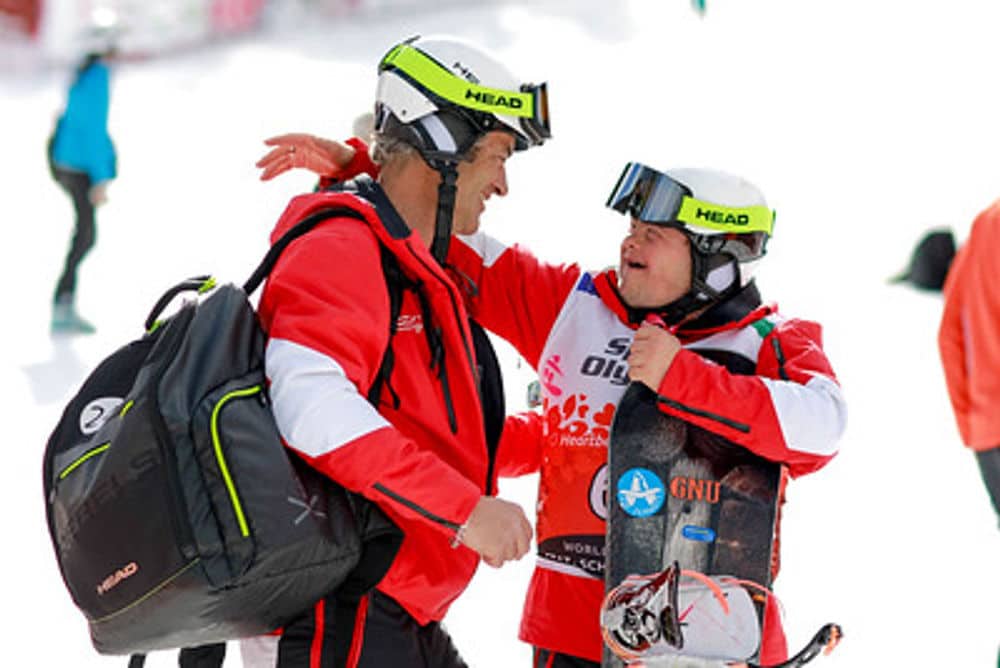A current information splash revealed that our genes may affect how a lot every of us enjoys exercising. Headlines learn like this:
- “Genes Might Dictate How A lot You Like Train.” (WebMD.com)
- “Do You Hate Working Out on the Fitness center? You’re Not Lazy, It’s Genetic, Scientists Declare” (DailyMail.com)
- “Hate Train? Perhaps It’s in Your Genes” (Mercola.com)
- “Hardwired to Hate Train” and “Don’t Need to Go to the Fitness center? Blame Science!” (WallStreetJournal.com)
- “It’s Not Your Fault If You Hate Train. Blame Your Mother.” (Cosmopolitan.com)
As usually occurs with health-related articles, there are two most important errors in these articles: (1) Oversimplification of research outcomes to write down click-bait headlines (there are a pair above that don’t do that), and (2) the basic journalistic mistake of “burying the lead.”
What’s All of the Fuss?
A College of Georgia research began with rats selectively bred to be both match and lively or unfit and inactive. They discovered variations in dopamine exercise between these two teams and, subsequently, launched a scientific trial specializing in about 3,000 human adults. The findings indicated that about 25% of the folks had genes that intervene with the discharge of dopamine.
Dopamine is a neurotransmitter (a chemical messenger within the mind) answerable for our drives, want, motivation and, to a lesser extent, reward. That is one other error within the reporting and even within the feedback by the researchers: Positioning dopamine as a “pleasure” neurotransmitter isn’t completely right. Dopamine’s largest function is in serving to us determine what to attempt for and what we want. It will get us to go after what issues to us. It’s contribution to pleasure is fast and short-lived, whereas its function in creating need is bigger and longer-lasting.
Backside line: Dopamine is much less answerable for the three minutes of delight after consuming ice cream than it’s for the three days of longing for extra ice cream within the days that comply with.
It’s simple to see why the media had a subject day with these outcomes and generated the flood of headlines above. The overly simplified message is that you haven’t any say in whether or not you like or hate train and that is completely not true.
The research did present that 25% of individuals within the research had genes that interfered with the discharge of dopamine, thus stopping the fast hit of reward and longer-lasting drive to proceed to pursue train.
The opposite large downside is that these articles buried the lead. In different phrases, they need to’ve focued on the truth that the research revealed {that a} good variety of folks don’t just like the widespread notion of train.
What’s This Factor Known as “Train”?
What’s “train?” What photos pop into most individuals’s thoughts with regards to train? Under is a screenshot of the highest picture outcomes from typing “train” right into a search engine. It’s not arduous to think about that the typical particular person in the true world struggling to search out any sort of success with train may be turned off by these photos.

Many individuals don’t take pleasure in spending time in weight rooms crammed with odd-looking gear, or in group train courses the place it’s loud and intense and it appears as if everybody is best and fitter than you. And but these are many individuals’s widespread notions of train.
Whenever you do belongings you take pleasure in, you’re feeling good. Should you transfer or train in ways in which you don’t take pleasure in, you received’t really feel good. If the widespread notion of “train” is one thing you abhor, you received’t get enjoyment out of that type of bodily exercise (and it’s possible you’ll not get as a lot profit from it both). Even the researchers on this research pointed this out—here’s a remark from the lead researcher, Rodney Dishman, PhD:
“If you have not discovered one thing which is pleasurable, both the exercise or the folks you are doing it with, then you do not have a lot cause to proceed it. When folks begin viewing train as an obligation or obligation, then that is not a method for sustained exercise. That simply places folks in a relentless state of dissatisfaction.”
That’s it proper there. As I usually say, you don’t have to like bodily exercise, however you do need to no less than get a crush on it.
The principle message of this research is that if you happen to hate train, then that sort of train isn’t for you. Your physique craves bodily exercise. It actually does. Your whole tissues operate higher when moved the suitable approach. Your pores and skin appears higher, your mind features higher and also you simply really feel higher while you do all that you just do.
Though some folks could have a genetic dislike of broccoli, nobody has a genetic hatred of all greens. There aren’t any fish born with a genetic disdain for water. We can’t have an inherent, across-the-board dislike for that which sustains life and enhances vitality. A lot of our dislikes are extra from studying than from genetics.
Ultimately, this research proves that widespread ideas of health (as depicted above) solely work for lower than 20% of the inhabitants.
Residing With Much less Dopamine
If you’re somebody who genetically has much less drive to maintain bodily exercise part of your life and really feel much less reward from doing so, it turns into much more necessary to get “what” you do best for you. In case you have a genetic dopamine deficiency and also you get much less satisfaction from issues, discovering absolutely the proper type of health for you is important.

















